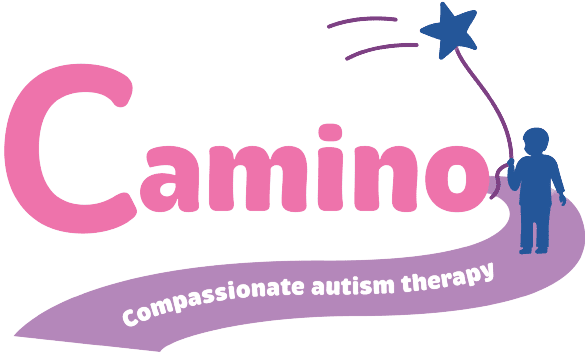When parents first hear the question ‘What is early intervention?’, it often comes at a time of uncertainty and concern for their child’s development. At Camino, we’re here to guide families through this journey with compassion, clarity, and proven support strategies. Early intervention is a powerful, evidence-based approach to supporting young children—especially those diagnosed with autism spectrum disorder (ASD)—during the most critical years of growth and brain development, and we’re here to guide you through it.
Early Intervention Definition: Understanding the Basics
The early intervention definition refers to a range of specialized services and supports designed for infants and young children who show developmental delays or have been diagnosed with disabilities such as autism. The goal is to provide these services as early as possible—often between birth and age 5—when children’s brains are most adaptable and receptive to learning.
At Camino, our early autism intervention program uses the principles of Applied Behavior Analysis (ABA) to teach essential life and social skills. This personalized care helps children develop communication, cognitive, and emotional skills in a structured and nurturing environment.
Why Is Early Intervention Important for Young Children?
So, why is early intervention important? Simply put, early support can lead to better long-term outcomes. Research consistently shows that children who receive intervention before kindergarten have a greater chance of meeting developmental milestones and becoming more independent later in life.
At Camino, we understand how vital it is to support both the child and the family from the beginning. Early intervention not only boosts a child’s functional skills but also reduces the need for more intensive services in the future. It empowers parents to be active partners in their child’s journey—something we prioritize through dedicated parent and family training.
How Does Early Intervention Work?
Early intervention works through a coordinated system of services that address a child’s specific developmental needs. At Camino, we tailor each therapy plan using evidence-based strategies rooted in ABA, ensuring that every child receives the right support at the right time. Here’s a closer look at what these services involve and who provides them.
What Are Early Intervention Services and Who Provides Them?
You may be wondering: how does early intervention work, and what are early intervention services? At Camino, we provide a comprehensive range of support tailored to each child’s needs. Services can include behavioral therapy, speech and language therapy, and occupational therapy. These interventions are delivered by skilled professionals like Board Certified Behavior Analysts (BCBAs), registered behavior technicians (RBTs), and our partner speech and occupational therapists.
Camino’s on-site BCBAs maintain small caseloads, allowing them to deliver hands-on supervision and deeply personalized care. This ensures every treatment plan is built around your child’s unique strengths and developmental goals.
Early Intervention Age Range: When Support Matters Most
The early intervention age range typically includes children from birth to 5 years old. For children with autism, our Early Intensive Behavioral Intervention (EIBI) program is best suited for those under 6 years of age and can involve up to 40 hours per week of ABA therapy. These early years are a window of opportunity to build foundational skills and address behavioral challenges in a structured, supportive way.
Camino’s center-based treatment model offers a focused environment where children engage in one-on-one and group sessions, supporting not only learning but also social development.
The Role of Early Childhood Learning in Developmental Progress
Early intervention is deeply connected to early childhood learning. At Camino, we believe that learning begins long before formal education. Through play-based and skill-focused ABA therapy, children are guided in a way that encourages curiosity, communication, and meaningful interactions.
Our therapists are trained to embed learning opportunities into every session—whether it’s through turn-taking games, imitation exercises, or routines that promote independence. These strategies enhance your child’s natural learning process, preparing them for preschool and beyond.
Core Principles of Early Childhood Education That Shape Intervention
The principles of early childhood education that shape effective intervention include individualized instruction, family involvement, and active, hands-on learning. These values align seamlessly with ABA therapy and guide everything we do at Camino. Our therapists are committed to:
- Respecting each child’s developmental pace
- Creating a safe, engaging environment
- Encouraging social-emotional development through interaction and routine
- Partnering with parents as co-teachers in their child’s growth
We also offer ABA services in Spanish to better serve our diverse Albuquerque community. Every child deserves access to compassionate, effective care—regardless of language or background.
If you’re ready to learn more about our early autism intervention services, contact Camino today. As your trusted ABA therapy provider in Albuquerque, we’re proud to offer bilingual support, on-site BCBAs, and center-based treatment personalized to your child’s needs. Reach out now to schedule a consultation or complete our intake form to begin the path forward.

